ONGC-Rosneft
ONGC’s purchase of a 15% stake in Russia’s Vankorneft presents the road ahead for India – by acquiring oil and gas fields today, India has a chance to lock in the price of imported energy at the current low level for the long run.
 Courtesy:
Courtesy:
ONGC’s purchase of a 15% stake in Russia’s Vankorneft presents the road ahead for India – by acquiring oil and gas fields today, India has a chance to lock in the price of imported energy at the current low level for the long run.
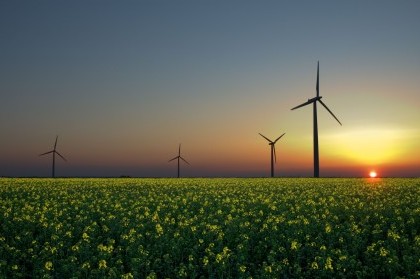 Courtesy: Jürgen / Flickr
Courtesy: Jürgen / Flickr
In Germany in June 2015, G7 countries made major commitments towards decarbonisation and reduction in greenhouse gases, which will lead to binding decisions at the COP-21 conference in Paris in December. Germany pushed for these outcomes, and as one of the most energy efficient countries in the world its technology and expertise can help India’s targets of alternative energy and sustainable industry.
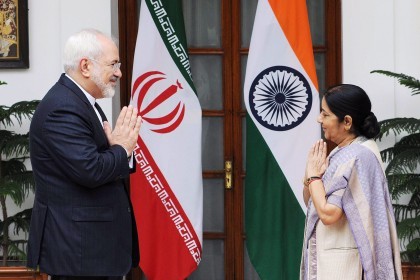 Courtesy: East Asia Forum
Courtesy: East Asia Forum
The nuclear deal with Iran benefits India and Pakistan in terms of energy security and connectivity. But both countries also face challenges in their prospective engagement with Tehran, and both will have to tread carefully while using the new opportunities.
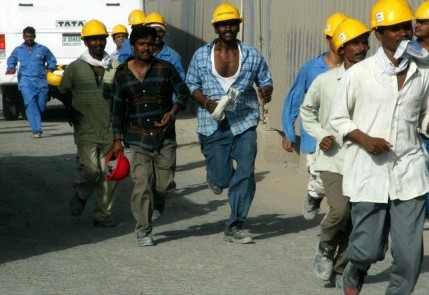 Courtesy:
Courtesy:
The jobs of 6.5 million Indians working in GCC countries could be at risk due to the fall in global oil prices. Securing the interests of these workers should be on Prime Minister Modi’s agenda when he visits UAE on August 16-17
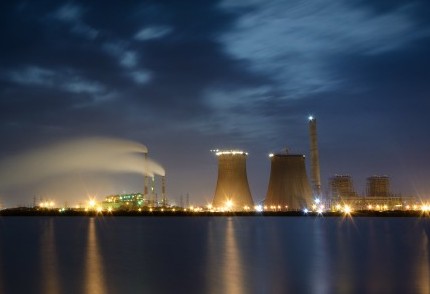 Courtesy: Ram Kumar / Wikipedia
Courtesy: Ram Kumar / Wikipedia
It is time for India to become autonomous on the energy front, even though it is, and will remain, a large importer of petroleum and coal. A combined strategy of diversification by using other forms of energy, and acquisition by buying oil fields, can help India reach this goal
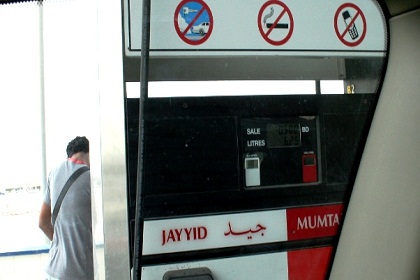 Courtesy:
Courtesy:
The oil-rich GCC countries are starting to show signs of financial stress maintaining high defense and social spending while the price of oil remains low
 Courtesy: The Speaker-news
Courtesy: The Speaker-news
By keeping production high and oil prices low, OPEC is taking on oil and gas companies by undercutting their ability to investments in future oil & gas production
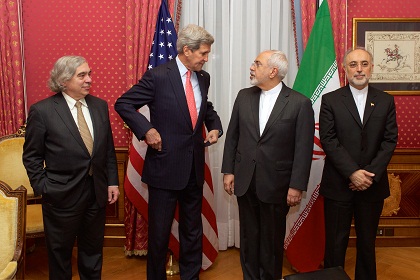 Courtesy: Wikipedia
Courtesy: Wikipedia
A journey which began in Istanbul in 2012 ended in triumph in Vienna in July 2014, as the P5+1 countries and Iran announced a Joint Plan of Comprehensive action that would see Iran free of all economic sanctions while upholding the right to a civil nuclear programme. While this journey, fraught with challenges, technically is over, the ratification battle in the U.S. congress commences now
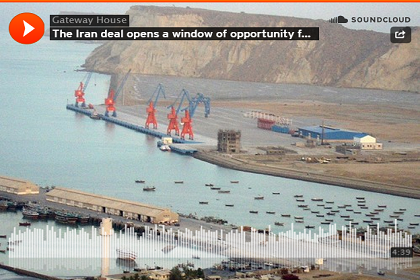 Courtesy:
Courtesy:
Amit Bhandari, energy and environment fellow, speaks to Dev Lewis, Gateway House, on the impact of the Iran deal on global energy markets. He also outlines why this is a window of opportunity for Indian business
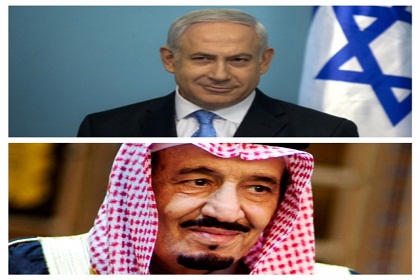 Courtesy: Wikipedia
Courtesy: Wikipedia
The announcement in June of a Saudi-Israeli alliance against Iran has to be seen in the context of the strategic dimensions of India’s relations with Saudi Arabia, Israel, Iran, and the U.S. And it has far-reaching implications for India’s policy towards West Asia